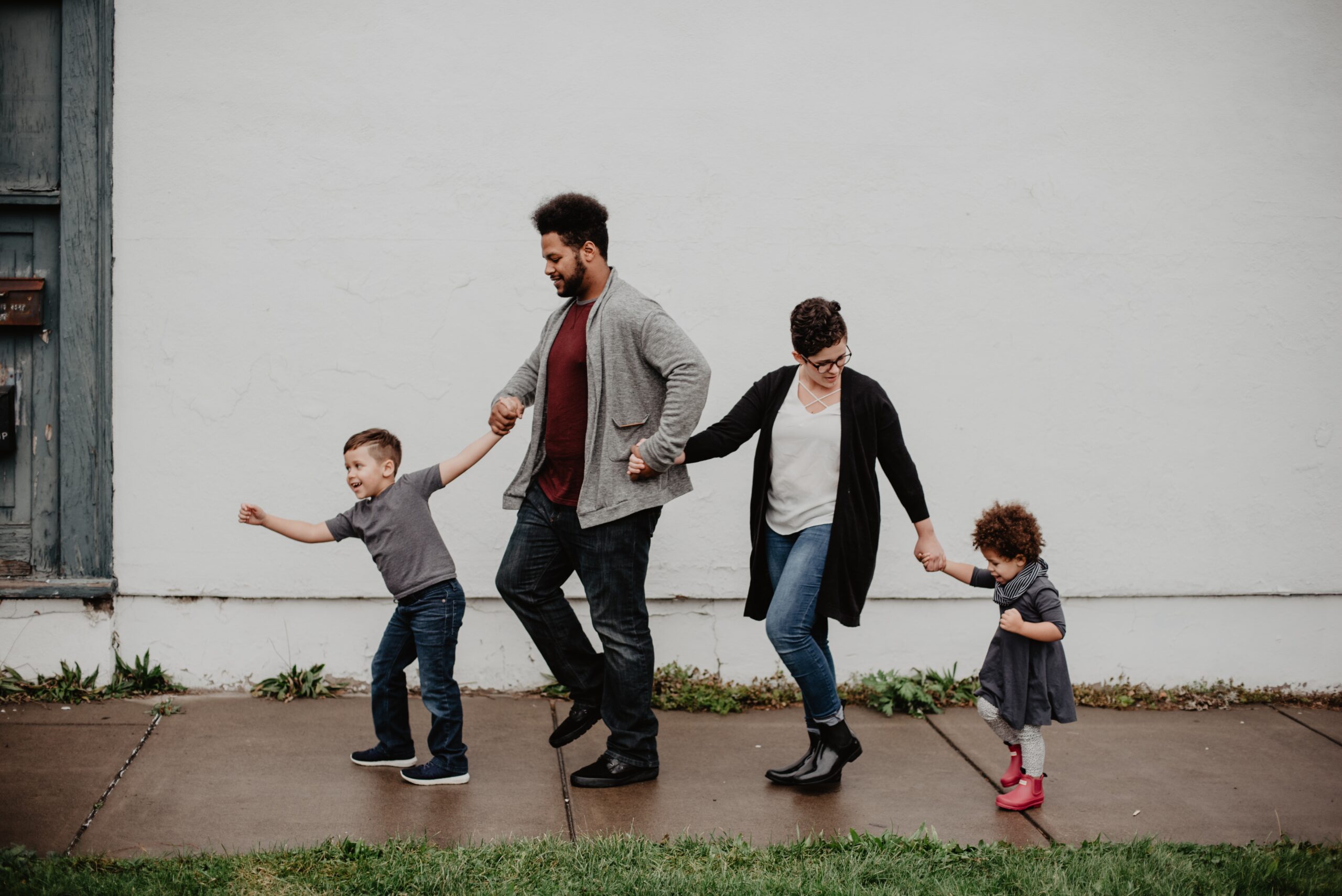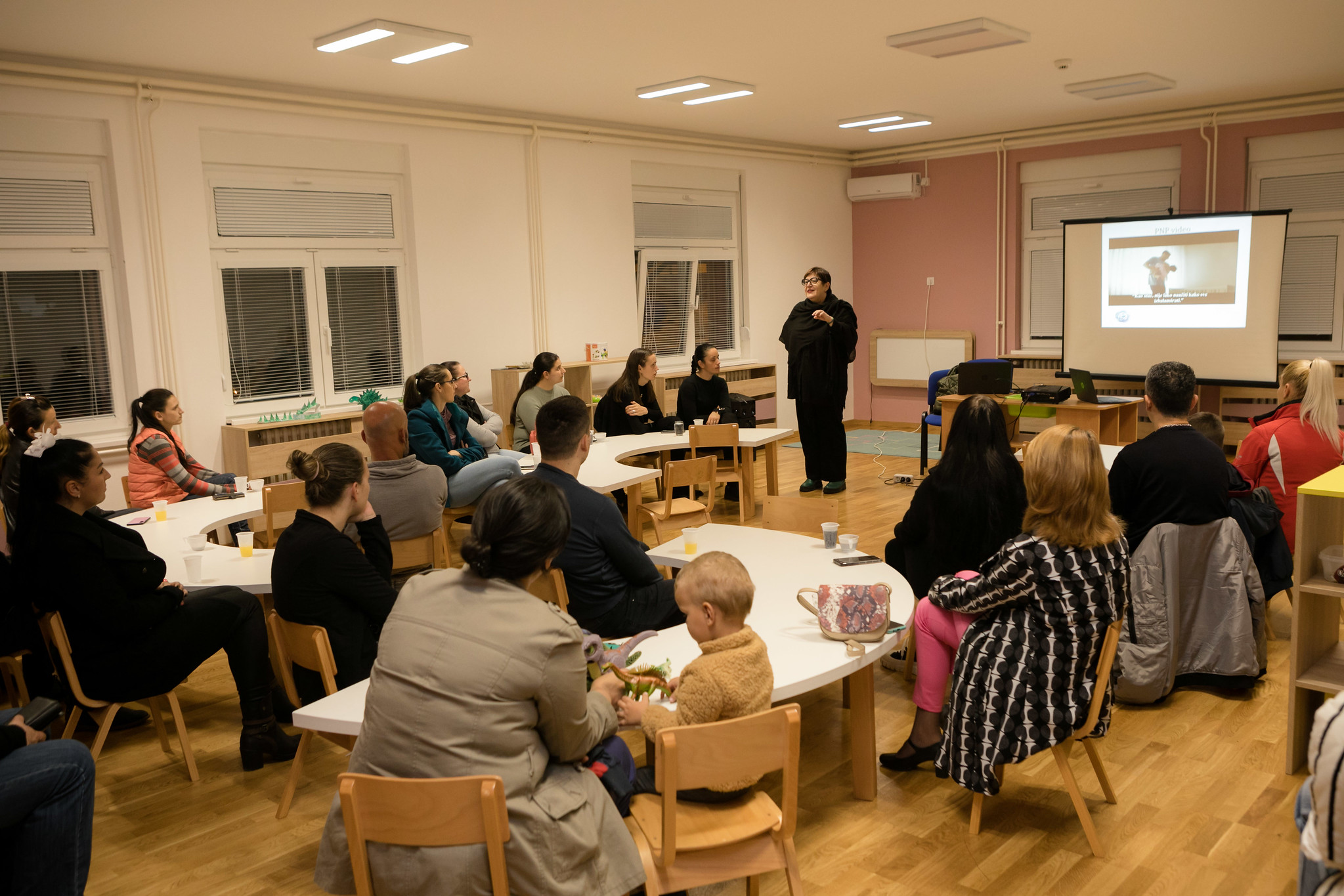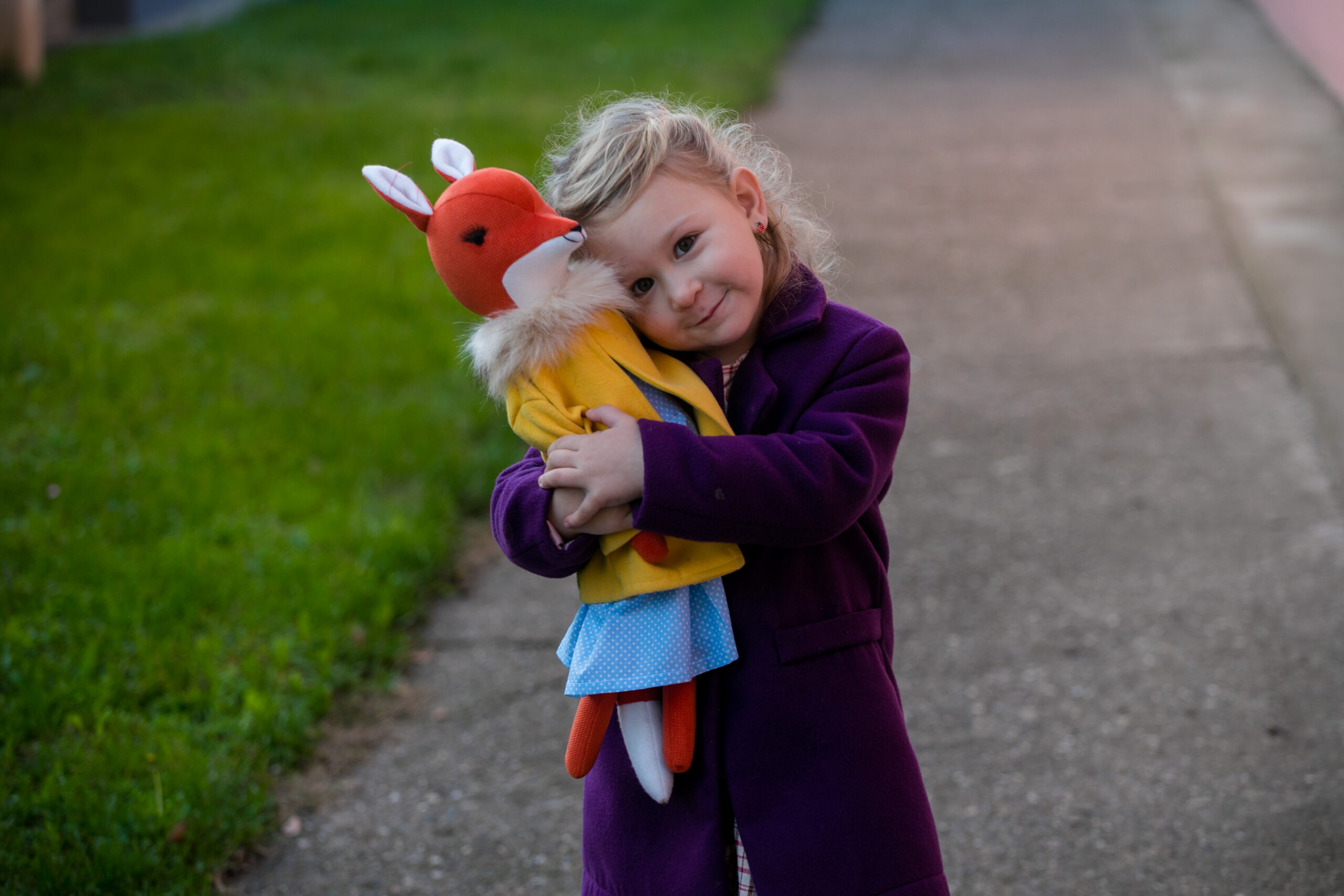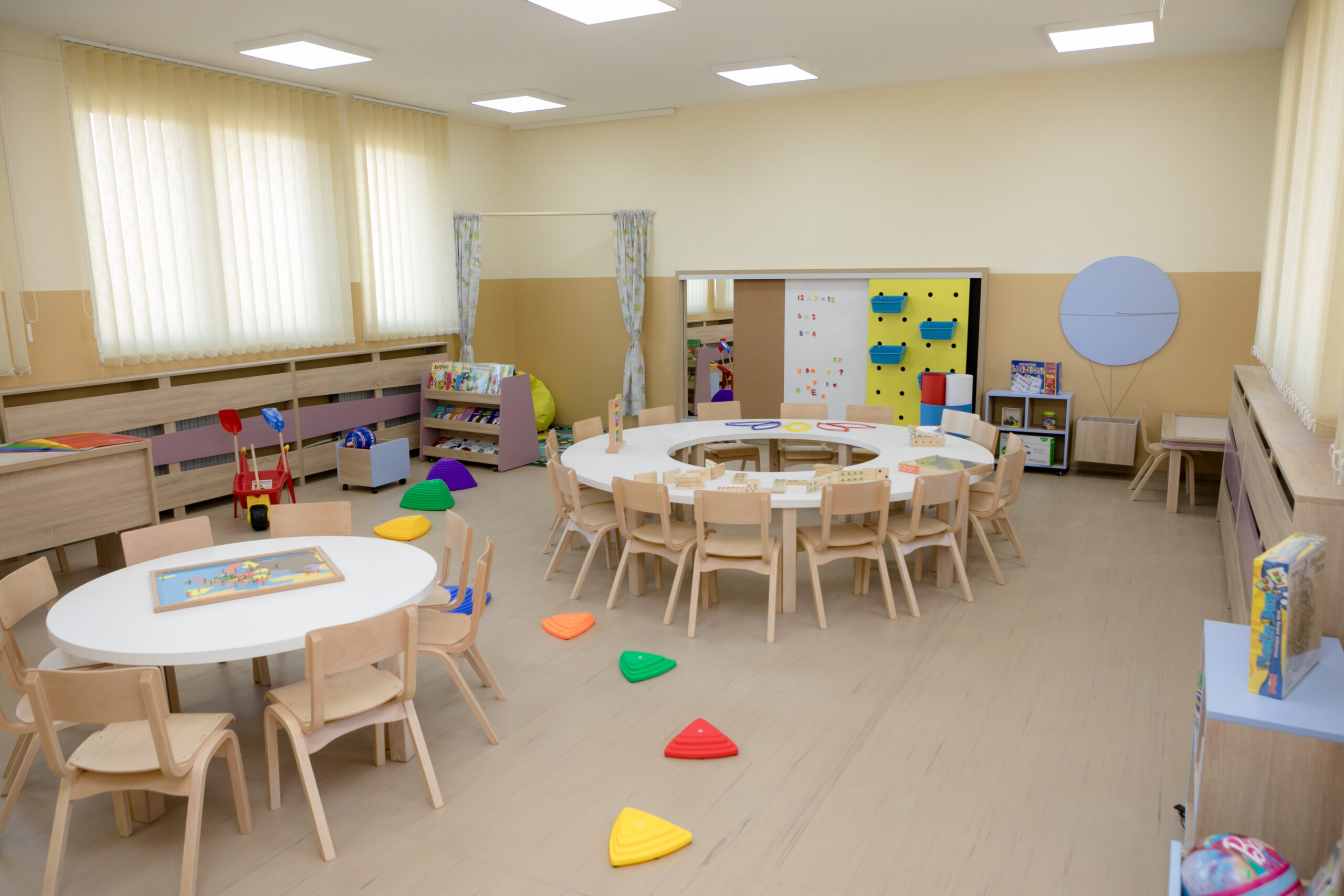When parents have the ability to regulate their own emotions in situations of anger, children can learn to calm themselves. Here are three strategies to solve stressful situations more effectively.
Every parent knows that it is a true challenge to remain calm in stressful situations. Let’s say you try to teach your kids how to ride a bike. Despite all your efforts, they are not learning and stop listening to you. As a parent, you get annoyed and disappointed. You may yell at them, and as a consequence, your children throw the bikes on the ground. How do you deal with such an emotionally intense experience?
Remain in Control
Following up on the example, it probably would have been a better idea to ask yourself if a calm reaction would have been more helpful in the situation. It is important to remember that parenting does not mean to be responsible for teaching children how to ride the bike. It rather means that parents should stay calm and find more effective ways to help children learn. Research has shown that harsh reactions lead to a further stress escalation in children. Emotional intensity also decreases the chance to solve problems. The secret is that when parents can control their own emotions, children will usually calm down as well. Here are three strategies that come handy in everyday situations.

Copyright: lightwavemedia
-
Listen to Your Feelings
It is a good thing that feelings are part of all our lives. However, sometimes we get consumed by them and act in hurtful rather than helpful ways. Let’s imagine you and your child go on a preschool visit trip and the teacher asks all the children to pick a toy. Your child starts screaming after another child picks the toy he or she wanted. It is normal to feel embarrassed as a parent, before quickly becoming angry. In such a moment, it is the best idea to have a closer look at your own feelings and listen to them. This is not only the first step in controlling and expressing feelings in a much more useful way, but it will help a parent to stay connected with their child instead of increasing their stress. In the above situation, this would mean to take a few breaths, calming down and telling your child to pick another toy because she cannot be the first in line all the time.

Copyright: Potstock
-
Be Silly and Do Something Totally Unexpected
Stress and tension can be reduced in many situations when you shift your attention. Give your child a hug or do something completely silly when you feel that you are close to an emotional explosion. This is not giving in or accepting the child’s demands. Instead, parents let their kids know that they hear their child’s frustration but that the decision is non-negotiable. For example, your kids may not like to go inside after playing outside. While they start crying or screaming, approach them, give them a hug and say “I think both of you need a proper hug right now.” Or you could also go outside and start singing one of their favorite songs and ask them to join you in the living room. This may sound silly but you will be surprised at how doing something completely unexpected can put off unwanted behavior.

Copyright: Halfpoint
-
Use Time-outs
There are situations when it is difficult to find the way back to calmness in front of children. In these situations it is best to give yourself a time-out to calm-down (ensure your child is safe first) by leaving the room for one or two minutes. Before leaving let your child know that you need a minute to think about solutions in order to help. This strategy helps you to get a few minutes to calm down and to think about the meaning of your child’s behavior and what your child should learn from this experience. These few minutes may even halt your child in the tracks while you can come up with the most effective response to set limits. The strategy sends the strongest message when a parent uses it together with their partner, because children will learn that their parents are a thoughtful parenting team.

Copyright: KonstantinChristian
Becoming Better Decision-makers
Of course, nobody likes to be upset and most parents’ aim is to stay calm in stressful situations. The above tips can help find the best ways to leave the negative emotions behind. But ultimately, it is all about understanding why it is important to remain focused and calm. Letting the youngsters push our emotions to the maximum means that we lose control. In order to regain it, it is always a good idea to take a time-out and think about the situation. Usually, thinking automatically helps adults to breathe, relax, calm down, and find control. This way, parents can think more rationally and become better decision-makers in front of the kids.

















